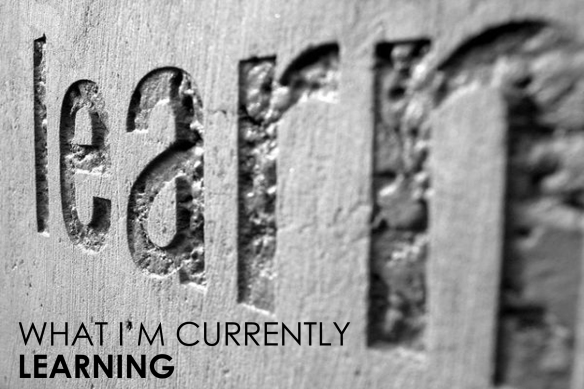“But now, thus says the Lord, who created you, O Jacob, and He who formed you, O Israel: “Fear not, for I have redeemed you; I have called you by name; You are Mine. When you pass through the waters, I will be with you; And through the rivers, they shall not overtake you. When you walk through the fire, you shall not be burned, nor shall the flame scorch you. For I am the Lord your God, The Holy One of Israel, your Savior…”
Isaiah 43:1-3
So my youngest daughter learned quite awhile ago that a “million” was the biggest number she could think of. So anything she perceived as much more than she could count was simply labeled as “a whole million!” So we get to use this on her in fun ways that make since to her rough means of estimation. Even now, my favorite way to tell her how much she means to me is to say, “Kali, Daddy loves you a whole million!”
God consistently speaks to His people with the same kind of over-the-top language. Clearly, God understands our insecurities and doubts! And yet, more often than not, He doesn’t seem as frustrated with us as He does reassuring. You see, God understands our fears and longs to replace them with confidence in Himself – we refer to that confidence in God simply as faith.
Because of that, God tends to use these over-the-top descriptions such as this one in Isaiah 43 to make one thing clear: God doesn’t break His promises.
I know that as you read this, many of you may feel like you have been drowning, figuratively speaking, or like you have been burned by some circumstance you had to go through. Heck, you might be going through such events in your life right now. “Where was God then?!” I know the feeling, and quite frankly, I’ve been there too, trust me. As a pastor, I often am required to carry burdens that I must bear in silence. Things that were not right for me to share, or that I would be unable to receive outside help for anyway. I’m certain that many of you know just what that’s like.
But God did not promise that we’d never go through a storm, fire, or flood. His promise was not that life would be easy, but that He would see us through the circumstances of life’s difficulties. Always.
In some ways, the trials and struggles we endure are the best part of our stories – they give us milestones to mark God’s presence in our lives. I’d rather experience God delivering me through unbelievable odds, than to have a care-free life. Because we all know there will be trials, this promise motivates us to lean hard into God’s grace, the only thing we possess that consistently sees us through each mess life throws at us.
And God makes it clear that in the face of impossible obstacles, “we are more than conquerors through Him who loves us and gave Himself for us.”
By the way, that comes from another place where we see God’s over-the-top promises. Romans 8:38, 39 tells us that,
“nothing can ever separate us from God’s love. Neither death nor life, neither angels nor demons, neither our fears for today nor our worries about tomorrow—not even the powers of hell can separate us from God’s love. No power in the sky above or in the earth below—indeed, nothing in all creation will ever be able to separate us from the love of God that is revealed in Christ Jesus our Lord.”
The Kali Markum translation? “God loves us A WHOLE MILLION!”
Rest in God’s promise to love you no matter what! If you’ve never opened yourself up to God’s love, consider beginning a relationship with Jesus today. You can trust Him. He’ll never leave you. Put your full faith and confidence in His over-the-top love.
Blessings,
Pastor John




